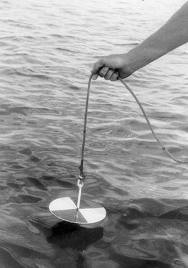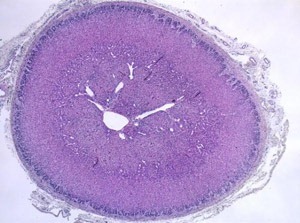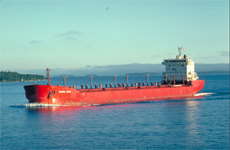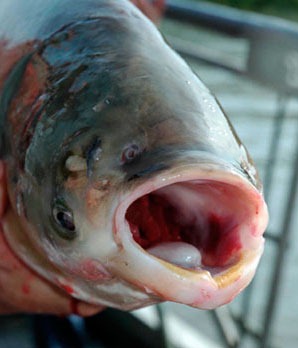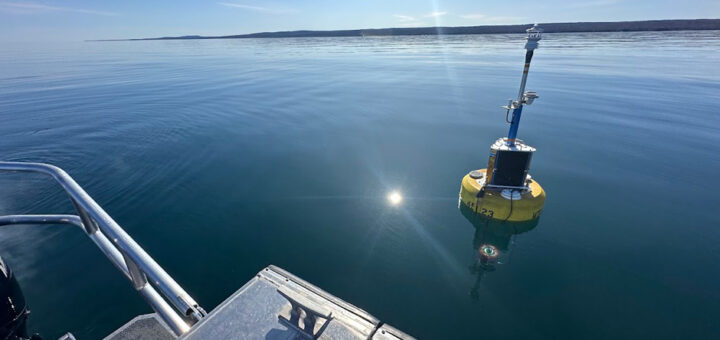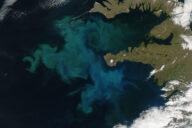Dredging planned to clean up River Raisin AOC
0
The River Raisin AOC starts downstream from the low head dam at Winchester Bridge in Monroe, Mich.
The River Raisin, a Great Lakes Area of Concern in southeastern Michigan, once contained some of the highest concentrations of toxic PCBs ever found in water. The river has been the site of clean-up efforts for years, but the PCBs remain. Plans are now in motion, however, to begin a joint state and federally-funded dredge of the river that could cost $15 million and aims to have the site de-listed.
The Area of Concern (AOC) includes the lower 2.6 miles of the river, which flows southeast into the Lake Erie western basin at Monroe Harbor. This stretch of the river is surrounded by several industrial plants, which have for years discharged oils, grease, heavy metals, and PCBs into the river.
A recent sampling showed some areas with PCB concentrations exceeding 50 parts per million, which are considered hazardous levels. PCBs, short for polychlorinated biphenyls, are a likely carcinogen and make water unsafe for human use. There are also concerns that the toxin can build up in the fatty tissues of aquatic life, making fish in the area unsafe for human consumption.
According to the Monroe News, the new clean-up effort will be divided into three components:
- “[D]redging and dewatering of sediment showing the highest concentrations and disposal in a hazardous waste landfill”
- “[D]redging of sediment with lesser concentrations not considered toxic and disposal in an Army Corps of Engineers’ dredge disposal area at Sterling State Park”
- “[D]redging below the navigation channel near the center of the river in conjunction with routine federal dredging to maintain channel depths.”
Dredging of areas with the highest levels of PCBs could begin as early as mid-October and will remove roughly 4,000 cubic yards of the highly toxic sediment. The rest of the contaminated sediment is slated to be removed in June of 2011, during which an estimated 95,000 cubic yards will be extracted and conveyed to the disposal area at the local state park.
The work will be funded both by Great Lakes Legacy Act funding as well as state funding from the Clean Michigan Initiative.
EPA unveils timetable to clean up River Raisin [Monroe News] River Raisin Area of Concern [U.S. Environmental Protection Agency] Cleaning Up the River Raisin [The Detroit Free Press]
Image Credit: http://www.flickr.com/photos/notjake13/2647663372/




